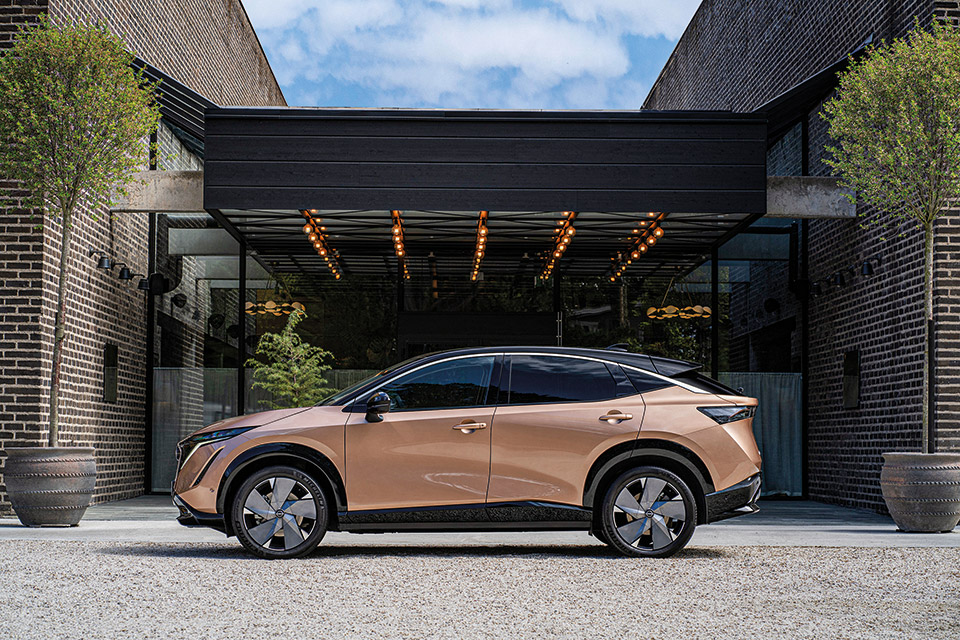
The bet on the transition to a new, electric era is not only for the global automotive industry and breathless manufacturers rushing to keep up with developments, but also for potential buyers, since it is they who, at the end of the day, must decide whether to invest a substantial amount in an electrified proposal or they will trust a less innovative mode of transport. In fact, if the Mesovesian solution of plug-in hybrid implementations is added to the equation, then making any decision seems like a puzzle or, if you prefer the Gordian connection, we will try to solve by answering three critical questions.

Will electric cars get cheaper?
In recent statements, the head of the Stellantis group, Carlos Tavares, said that by 2026 the price of electric vehicles will decrease, approaching the levels of conventional offers. Of course, the price rate does not yet indicate this, giving many people the right to say the exact opposite and demand … an extension of the service life of internal combustion engines. The truth may lie somewhere in the middle, as electric vehicles are constantly improving their performance, which makes a sharp reduction in their price unattainable. On the other hand, the fact that for the same money you can get a better car in general can also be interpreted as an improvement in the famous price / quality ratio. Finally, we should not forget about the Move Electric subsidy program, which can reduce the initial price to 8,000 euros, making the conditions for purchasing an electric car more affordable. So, going back to the original question, even if we assume that the price of electric cars will fall in the future, electric cars will become cheaper in the future, but not so much that it makes them unpromising or unprofitable to buy today.

Is an electric car right for me?
The answer to this question should be personalized, since electric vehicles have a number of features that make any generalizations inappropriate. For example, to live with an electric car, you need to have a stable charging point at home or at work.
Otherwise, given the lack of public charging stations in our country, an electric car will complicate his daily life rather than improve it. Another element that will tip the scales one way or the other is the routes someone travels. If the frequency of trips out of town is particularly high, then the electric supply will find it difficult to play this role. On the contrary, on urban routes, the electric offer is incomparably more efficient than any other option, offering, among other things, greater autonomy.

Is plug-in hybrid technology the solution?
Until recently, plug-in hybrid vehicles have enjoyed the same benefits as purely electric offerings, gaining customer preference because they combine the rudimentary range of electric power with the benefits of a conventional combustion engine vehicle. Of course, the privilege policy for plug-in hybrid cars has already begun to fade, and quite a few countries place them in the same category as conventional four-wheeled vehicles with an internal combustion engine. So, looking to the future, it’s very difficult to find a place for plug-in hybrid technology, the role of which was to smooth the transition from … the car’s sinful past to its electric future.
Source: Kathimerini
Robert is an experienced journalist who has been covering the automobile industry for over a decade. He has a deep understanding of the latest technologies and trends in the industry and is known for his thorough and in-depth reporting.